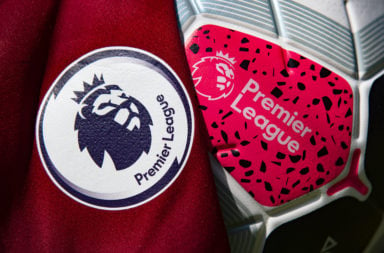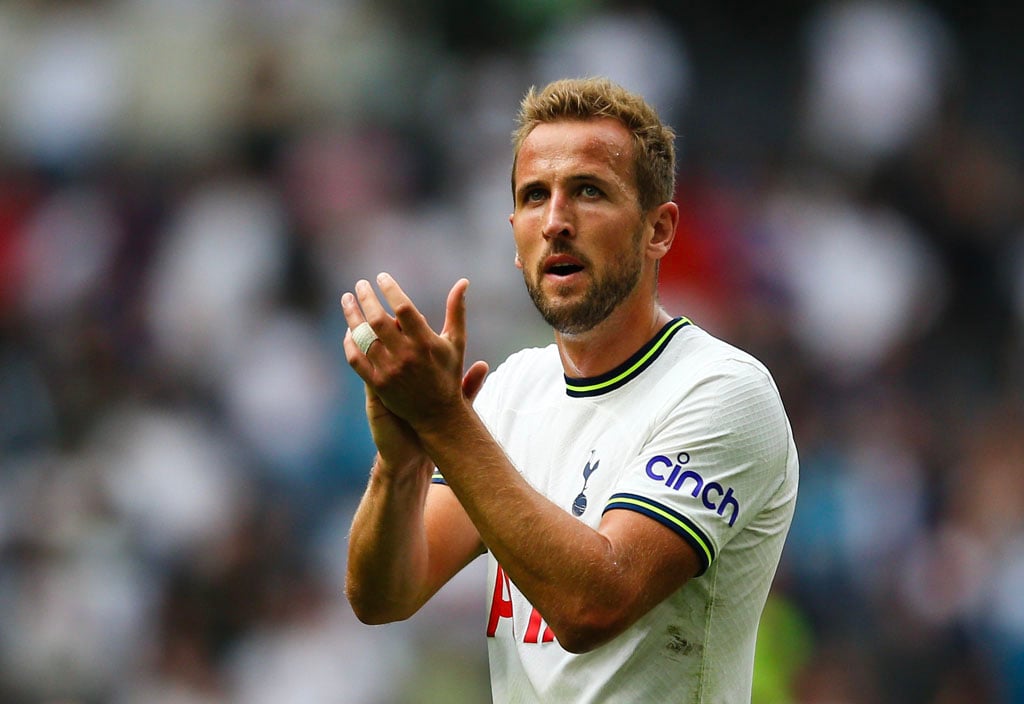Spurs have enjoyed a remarkable turnaround under Mauricio Pochettino. His methods demand commitment and hard work in return for opportunity. In just three seasons our Club competes among the top sides in Europe and the Premier League. A new, huge White Hart Lane is going up and world enthusiasm for Spurs has grown exponentially. How did all of this happen?
The man who changed everything is Mauricio Pochettino. Everything at Spurs is now done his way. Our chairman Mr Levy still runs Spurs like a business but he trusts Pochettino’s judgment and takes his advice. For proof look at the recent spate of new contracts and technical manager Franco Baldini’s abrupt departure. Pochettino’s first year was spent building trust, his second building a core squad, and his third building depth.
A wholesale reshaping of the club’s player roster was central. All the flotsam of the Bale transaction and players Pochettino deemed unfit for his system were excised. Even promising ones like Nacer Chadli and Nabil Bentaleb are gone. Even veterans (Aaron Lennon and Younes Kaboul for example) haven’t been spared Pochettino’s razor.
If a player is under Pochettino’s eye as a candidate for removal from the squad, there are two things he can do about it. One is to sulk, do nothing, languish. He will then be gone and forgotten. The other is to dig in and work harder. He will be rewarded with both the confidence of the manager and the adulation of the supporters. A recent example of the former under Pochettino is Roberto Soldado; of the later, Erik Lamela and Son Heung-Min.
Failure
Soldado arrived as the centerpiece of the players bought with the Gareth Bale loot, and was probably the biggest disappointment. The most important reason for Soldado’s failure was simple: he sulked, didn’t like his surroundings, quit on the team and was overtaken by a new rising star, Harry Kane. Soldado could have turned up his efforts, could have worked harder, could have decided to make the best of his surroundings and embraced London as a home, but chose not to. His attitude left Pochettino no option and out he went. Spurs could have used a veteran presence on the team at the end of last season when the team fell apart, but he couldn’t have been trusted with the responsibility. He just wasn’t willing to put in the effort.
The Adebayor saga is another example of a talented player refusing to work hard. Adebayor won’t work hard for any manager unless there’s a new contract to be had. That was proven last season. Tottenham banned him for his poor attitude; he refused to leave unless he was paid. He then proceeded to make Alan Pardew’s seat at Crystal Palace a little hotter and he’s now out of football.
There are more examples of failure. Ill discipline caused exile for Vlad Chiriches. DeAndre Yedlin never showed improvement in his game. Benji Stambouli got steamrolled by the emergence of Eric Dier. Clinton N’Jie simply wasn’t a fit in Pochettino’s system.
Success
Erik Lamela arrived with the Gareth Bale haul and unlike Soldado has become a beloved figure on the team. His first season with Spurs, Lamela was a disaster. There were enormous mistakes. He committed silly fouls and made stray passes. There were more shots that ended up in the parking lot than in the net. In interviews he looked like a cornered chicken. Something in him, though, convinced Pochettino to stick with him and bring him along. Of the seven players bought with the Bale proceeds, Lamela was held to be the biggest dud. Even Paulinho was better regarded.
Fellow Argentines had been coldly despatched before – witness Federico Fazio’s exile. But not Lamela, who just simply worked harder and harder and harder to improve his game, become more comfortable under Premier League spotlights, and contribute spectacular plays like the never to be forgotten Rabona strike. When you work harder and harder, accept the manager’s direction, and get results, you are rewarded.
There was recent talk of Son Heung-Min wanting to leave Tottenham. He experienced massive disappointment in South Korean national duty. The team’s failure means he will be required to serve two years in the South Korea military. No doubt some very hard questions were asked. There were media reports that he did request and desire to leave. Tottenham refused to let him go. Son skipped international duty to focus on commitment to Spurs. The manager and supporters noticed. Four goals in two games are proof that commitment and desire bring opportunity. Opportunity brings results.
Spurs’ motto, Audere Est Facere, sums it up perfectly. When you dare to work harder, you do great things. When you settle for a paycheck, you end up with nothing.
Have something to tell us about this article?



